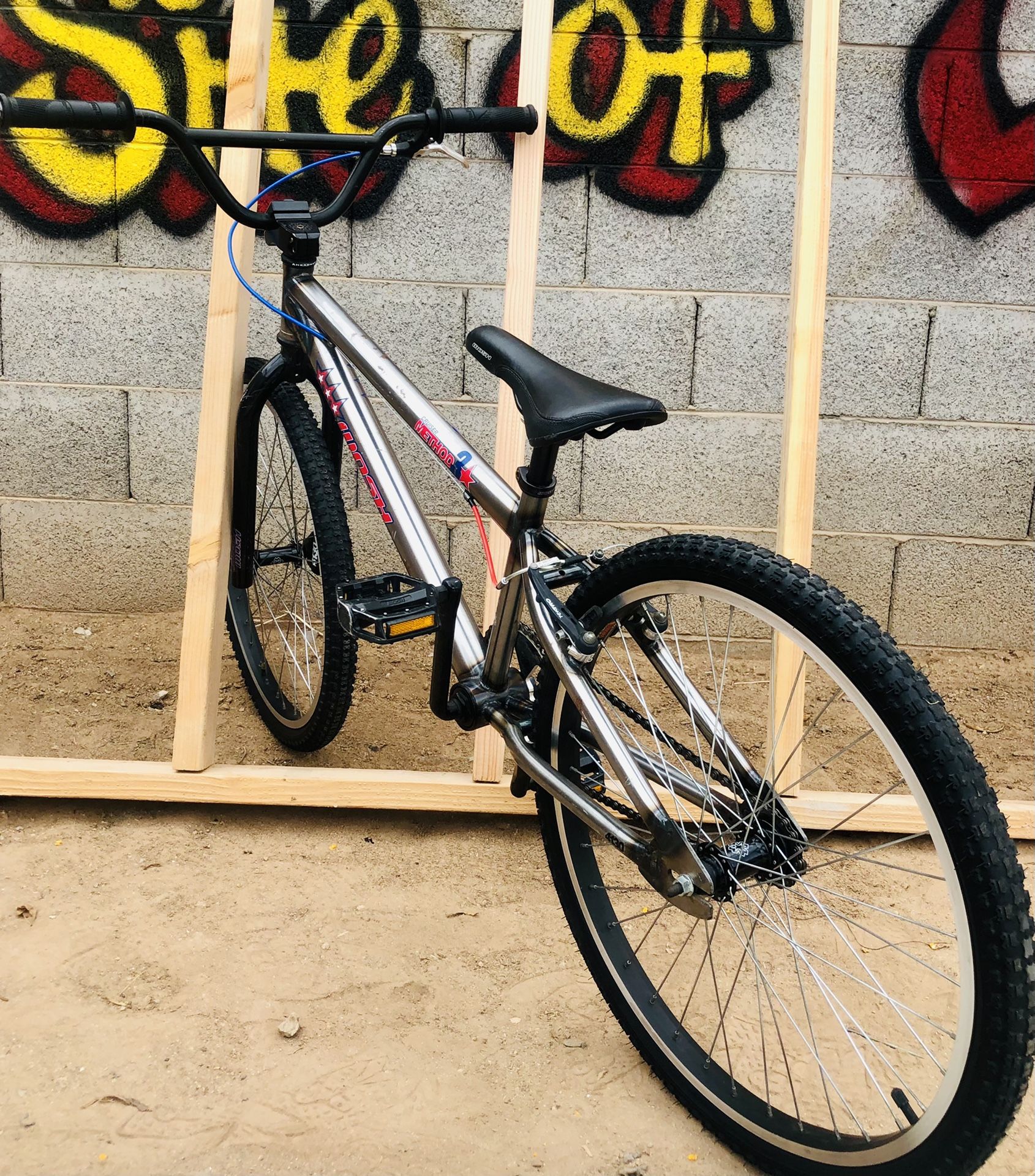

Giant became the first bicycle maker to apply computer-aided design and volume production techniques to the production of carbon road bikes. In 1987, Giant introduced the CADEX carbon fiber road bike. Technologies and innovations Īlexander Vinokourov's bike from the 2005 Tour de France

#MOSH BMX PRO#
This line was designed to "develop superior cycling components for pro racers" and compete directly with the Specialized S-Works line. Before the brand was officially launched, UCI WorldTeam teams sponsored by Giant (Team Sunweb on 2018, and CCC Pro Team on 2019) were seen with components branded as #Overachieve, which Giant says were race-tested prototypes of the CADEX components.

In July 2019, Giant launched CADEX, previously the name of their mass-produced carbon fiber bicycle launched in 1987, as their line of bicycle components, wheels, tires and finishing kits. The first two models, the iNeed Street and iWant Park, had an ARP of US$425 and were aimed at a younger, more urban demographic than Giant's more expensive performance road and mountain bikes. In 2015, Giant announced the global launch of its Momentum brand lifestyle bikes. As part of the rebranding, dedicated Liv stores and Liv zones within most Giant retailers were introduced. All Liv products are designed from the ground up including frame geometry, carbon layup and utilizes separate molds and designs that separate it from Giant branded products. The re-branding was meant to further differentiate the Liv brand products with existing Giant product, communicating the concept of "designed by women for women". In 2014, the Liv/Giant sub-brand was re-branded to Liv. In 2008 Giant launched the Liv/Giant sub-brand with products focused exclusively on the female cycling market. The parts were sold separately as well as on Giant labeled BMX bikes. Giant made bikes using the Mosh name until 2003 when it switched to labeling all high end stunt specific parts as Mosh parts. These bikes were priced between $150 and $350, filling in the open entry level price gap that their Mosh labeled high-end bikes could not. In 2002 Giant signed a three-year sponsorship deal with Satellite Sports Group (a company that then managed the former GT Air Show) to begin manufacturing Giant branded bikes to boost the Giant label.
#MOSH BMX PROFESSIONAL#
Mosh manufactured BMX bikes and parts, as well as managed a professional BMX racing team. In 1996, Giant established their Mosh BMX division with the help of Redline Bicycles founder Linn Kastan and racer Jason Richardson. ĬOVID-19's impact on the bicycle industry is evidenced by a 55% increase in Giant's revenue in the first quarter of 2021. In addition, the company is moving factories from China to Taiwan. With this increase in demand, Giant is planning to build a new large plant in the European Union. Bicycle manufacturing skyrocketed in Taiwan, fueled by global demand sparked by fear of contracting the coronavirus on crowded buses and trains in Europe or America, or by the need for outdoor activities after weeks of confinement. With the coronavirus pandemic, the demand for Giant's bikes has skyrocketed. Most of its merchandise is destined for the European Union, the United States, Japan and Taiwan. Its total annual sales in 2017 reached 6.6 million bicycles with revenue of US$1.9 billion.
#MOSH BMX FULL#
In 1992, Gaastra sold his shares back, and Giant became a full shareholder of Giant Europe.īy 2018, Giant had sales in over 50 countries, in more than 12,000 retail stores. In 1984, Giant also set up a joint venture, "Giant Europe", with Andries Gaastra of Dutch bicycle manufacturer Koga-Miyata. When Schwinn decided to find a new source and in 1987 signed a contract with the China Bicycle Company to produce bikes in Shenzhen, Giant, under new president Bill Austin (formerly vice-president marketing at Schwinn), established its own brand of bicycles to compete in the rapidly expanding $200-and-above price range. As bike sales increased in the U.S., and after workers at the Schwinn plant in Chicago went on strike in 1980, Giant became a key supplier, making more than two-thirds of Schwinn bikes by the mid-1980s, representing 75% of Giant's sales. A major breakthrough came in 1977 when Giant's chief executive, Tony Lo, negotiated a deal with Schwinn to begin manufacturing bikes as an OEM, manufacturing bicycles to be sold exclusively under other brand names as a private label. Giant was established in 1972 in Dajia, Taichung County in Taiwan (now part of Taichung City), by King Liu and several friends.


 0 kommentar(er)
0 kommentar(er)
